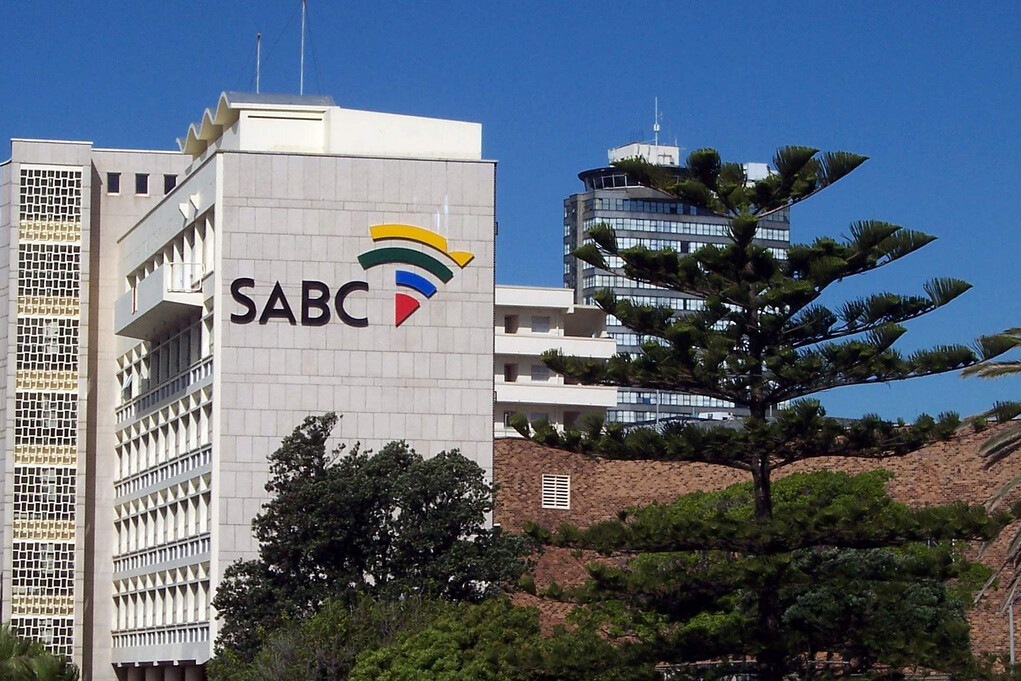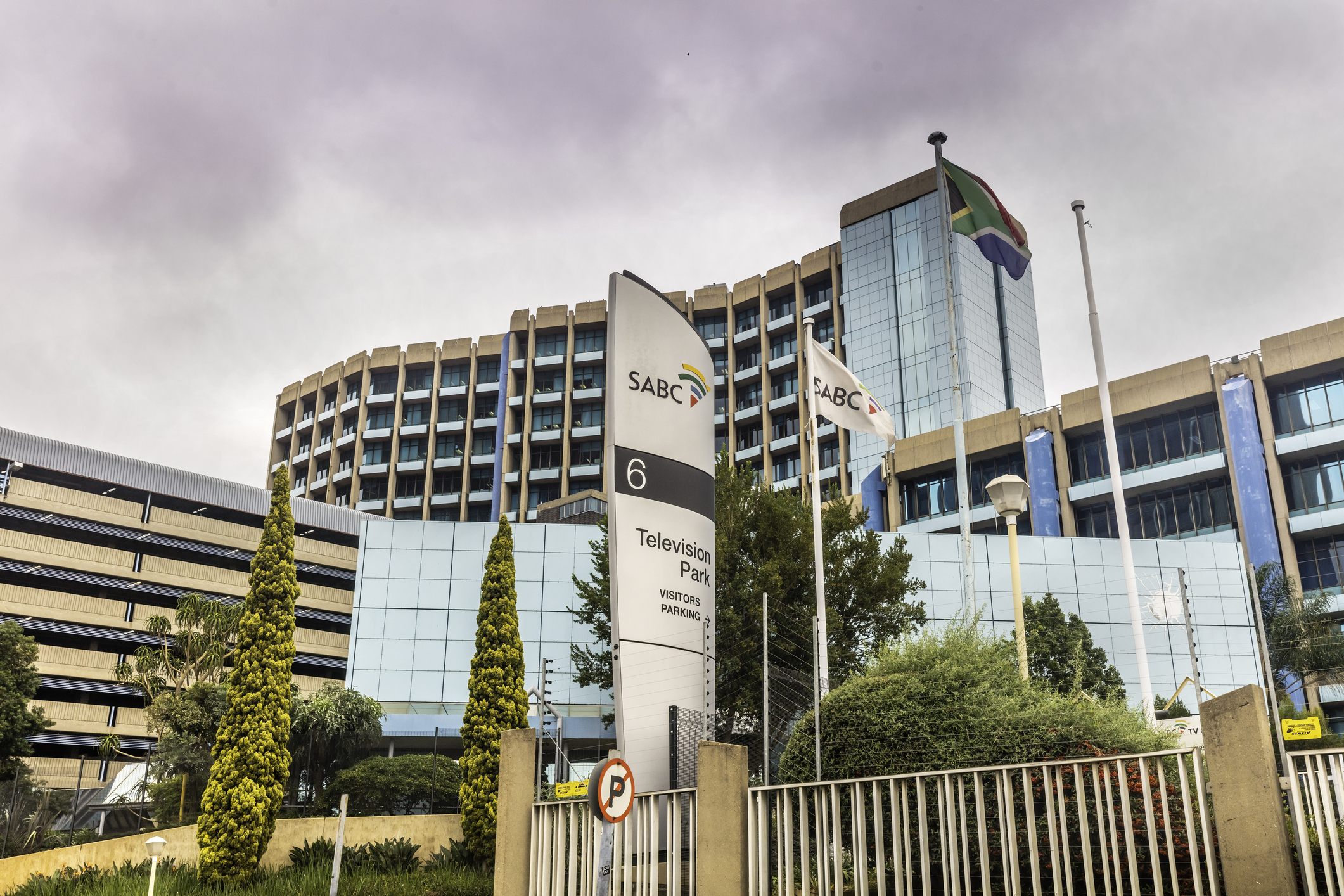South Africa’s public broadcaster has called on the government to review its budget as COVID-19 takes its toll on advertising revenues and acquisitions.
SABC’s budget for this financial year was based on growing audience figures as a result of “acquiring compelling content”, claims CEO Madoda Mxakwe. But with an expected R1.5 billion loss of advertising revenue, coupled with the fact that Covid-19 content – which has been “largely unfunded” – has taken precedence, the public broadcaster is now calling on the government to review its budget. It may even have to revise its 2020/21 corporate plans.
In an SABC report, Mxakwe said:
“Many of our clients have withdrawn their advertising spend either to redirect those funds to assist within their efforts to curb the virus or because they are concerned about the return on their investments as they are not able to trade during this period. It’s within this background [that] we [are] going to submit to shareholder request to review our budget.”
This takes place amid complaints about SABC employees’ 6% wage increases. The public broadcaster defended its decision to pursue the wage increases as part of an agreed deal that comes to an end this year following a three-year agreement signed in 2018.
Last year, the public broadcaster had to request a bailout from the government as it hit the peak of its financial hardship, needing financial assistance to pay for its outstanding debts to service providers and to stay afloat. On 10 May, it issued a statement denying claims made by the Sunday Times newspaper that it was requesting another financial bailout.
Read more: Update | SABC debt crisis
Nevertheless, MPs have praised the public broadcaster for its vital services during the Covid-19 pandemic, which has continued to keep the South African public informed about the virus. According to Channel 24, audience viewing figures for SABC TV have reached record highs during the country’s lockdown period, with a focus on locally produced dramas and news coverage.
But local content production remains susceptible to funding cuts, with spending on local content much lower than before SABC’s debt crisis, writes The Media Online. Earlier this month, communications regulator, Icasa, relieved the public broadcaster from its local content quota, allowing it to broadcast more foreign content during the global pandemic. Yet, SABC still recognises that “the public broadcaster needs local productions as part of its business model” and has insisted that it will continue to assist the local production houses that it works with.
In other news:
- SABC launched its Education channel on 4 May, but there are concerns that it will not be accessible for all
- The SABC Encore channel will be removed from MultiChoice’s DStv bouquet by the end of the month
- In the wider South African broadcast media, e.TV News was broadcast from the home of its news anchor for the first time, following the closure of its office due to the death of a cameraman from Covid-19
Header Image: Header Image: SABC Western Cape. Credit: Richard Tanswell/Creative Commons
Related Posts
27th April 2020
SABC: Informing, educating and entertaining the South African public at a time of crisis
South Africa’s national public…

